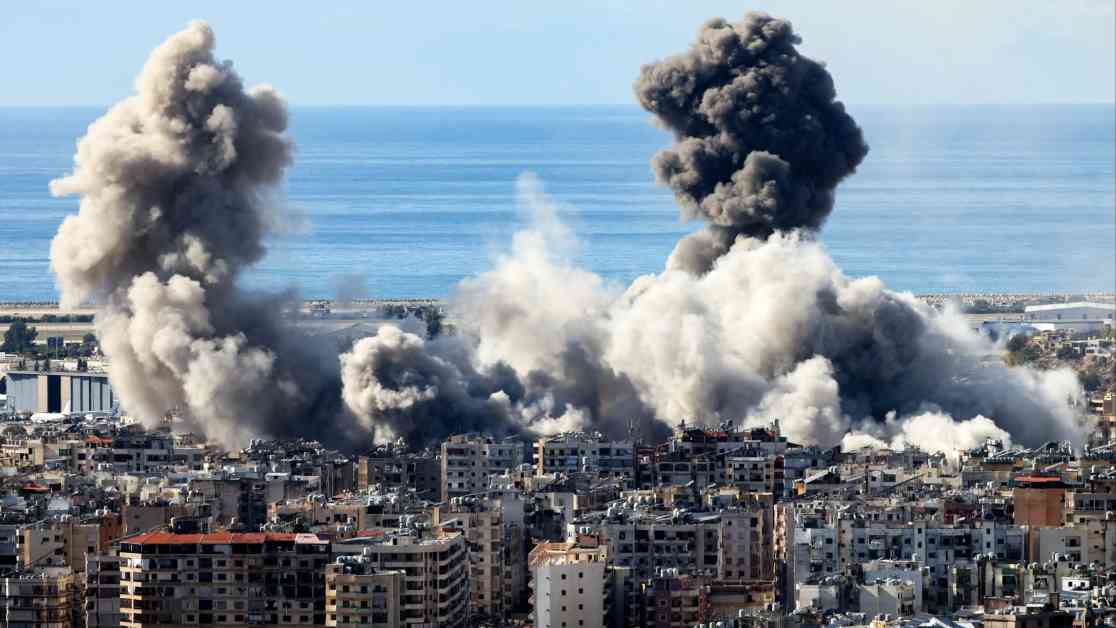Israeli Prime Minister Benjamin Netanyahu announced a ceasefire agreement with Lebanon after a year of hostilities between the two countries. The agreement comes after months of escalating tensions and violence along the border.
In a statement to the press, Netanyahu expressed his hope that the ceasefire would bring an end to the violence and pave the way for peace talks between Israel and Lebanon. He emphasized the importance of dialogue and diplomacy in resolving conflicts and stressed the need for both sides to respect the ceasefire agreement.
The ceasefire agreement includes provisions for the withdrawal of Israeli forces from disputed territories along the border with Lebanon. It also calls for the establishment of a buffer zone to prevent further clashes between the two countries.
Netanyahu’s announcement was met with mixed reactions from the international community. While some praised the ceasefire as a positive step towards peace, others expressed skepticism about the long-term prospects for stability in the region.
The ceasefire agreement comes after months of mediation efforts by the United Nations and other international actors. The UN Secretary-General welcomed the agreement and called on both sides to fully implement the terms of the ceasefire.
Despite the announcement of the ceasefire, tensions remain high between Israel and Lebanon. Both countries have accused each other of violating previous ceasefire agreements and have warned of the possibility of renewed hostilities.
The ceasefire agreement is seen as a temporary respite in a long-standing conflict between Israel and Lebanon. It remains to be seen whether the agreement will hold and lead to lasting peace between the two countries.
In the meantime, the international community continues to monitor the situation closely and stands ready to provide support for efforts to resolve the conflict peacefully. Diplomatic efforts are ongoing to build on the ceasefire agreement and create conditions for a comprehensive peace settlement in the region.






















